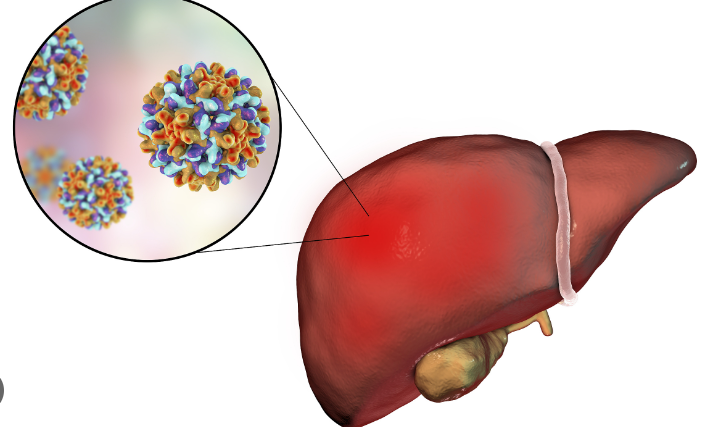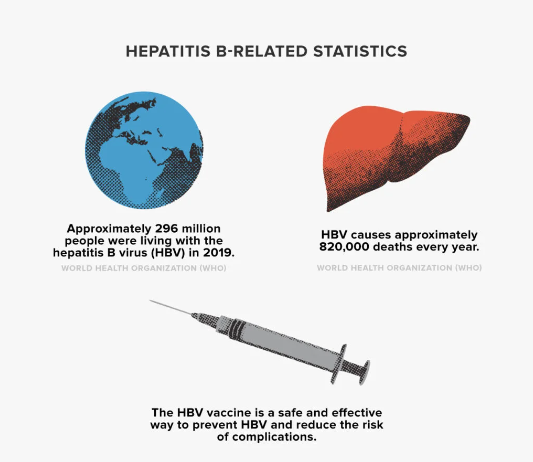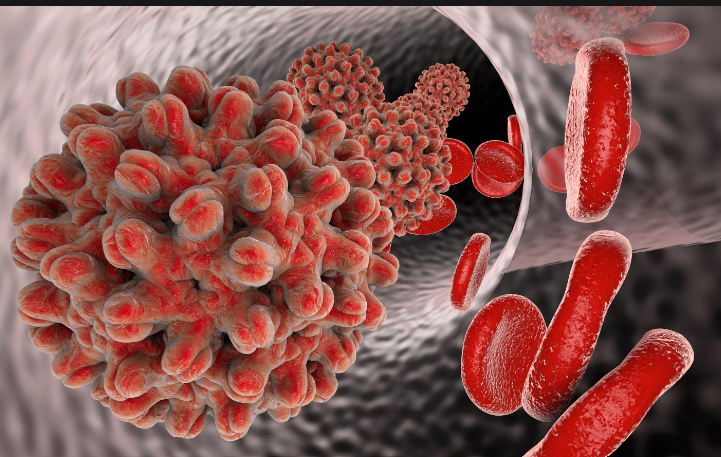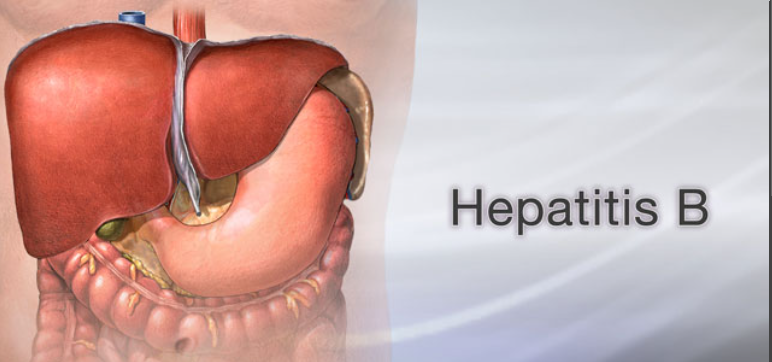The infection can lead to severe liver damage and life-threatening consequences and hepatitis B
Hepatitis viruses are liver-damaging and frequently make news. Perhaps you’ve heard of hepatitis A outbreaks that sickened diners at restaurants after they consumed tainted food, or of an increase in hepatitis C cases brought on by dangerous practices like sharing contaminated needles for drug injection.
In contrast, there are no known outbreaks of hepatitis B, and infection rates in the United States have been comparatively low and steady for many years. However, this should not deceive you; it is a potentially chronic infection with potentially fatal outcomes.
Also read-Hepatitis A : A Patient’s Guide To Hepatitis A And Its Symptoms

Types of hepatitis B
The hepatitis B virus attacks liver cells and causes inflammation and liver damage. The infection manifests as one or two types of hepatitis B.
- Hepatitis B, acute. The majority of adults have it as a transient condition. The duration of the infection varies based on its intensity, but ultimately it goes away, according to Dr. Christopher Bowlus, the chief of gastroenterology and hepatology at UC Davis Health. “However, the hepatitis B virus remains in the liver after exposure and can reactivate in specific situations, such as when taking immune-suppressive drugs.” Experts estimate that there were roughly 22,000 cases of acute it in the United States in 2017, despite the fact that only 3,400 cases were reported.
- persistent hepatitis B. Chronic it is defined as acute hepatitis B that does not go away after six months. It usually affects infants and young children. “You are more likely to develop a chronic infection the younger you are. According to Cleveland Clinic hepatologist Dr. Christina Lindenmeyer, “it’s more common for adults with normal immune systems to be able to spontaneously clear the virus when they are exposed to hepatitis B.” As of 2016, there were an estimated 862,000 Americans suffering from chronic hepatitis B.

Causes
Hepatitis B cannot be spread like the common cold or the flu. Put differently, the virus is not spread through coughing, sneezing, kissing, hugging, or coming into contact with shared objects like food or utensils.

Alternatively, if you come into contact with an infected person’s bodily fluids or blood, you could contract the hepatitis B virus. Typical mechanisms for this to happen are:
- Having sex with an infected partner.
- Sharing drug paraphernalia (needles or syringes), toothbrushes or razors with an infected person.
- Contact with the blood of an infected person.
- Being born to an infected mother. “It’s something about the vaginal delivery; probably some mixing of blood at the time of birth,” Bowlus says.

Symptoms
The symptoms of hepatitis B vary. “Two to four weeks after exposure to the virus, you may experience fatigue, loss of appetite, dark urine and jaundice,” Bowlus says.
Other symptoms that can develop include:
- Fever.
- Nausea and vomiting.
- Abdominal pain.
- Discolored bowel movements (the color of clay).
- Joint pain.

Diagnosis
All it takes to screen for hepatitis B is a simple blood test.
If the test is positive for infection, you may need additional blood tests to check for:
- Inflammation of the liver.
- Antibodies to ascertain the immune system’s reaction to the virus.
- Viral load, which measures the blood’s level of hepatitis B virus circulation.
- Indicators of recent acute infection.
- Indicators of persistent infection.
- Decreased blood platelets (as liver scarring progresses, blood platelets decrease).
- Iron levels (ferritin, which is iron stored in the liver, is found there).

Other tests that can help your doctor determine if you have hepatitis B include:
- An ultrasound of the liver (to see the extent of liver damage).
- A biopsy of liver tissue (which looks at cell changes to pinpoint the phase of infection).
Treatment
There is no cure for hepatitis B. However, there are strategies to manage the infection. It starts with medications. “They chronically suppress the virus,” Lindenmeyer says. “You may need to take them for the rest of your life.”

The two main drugs are the oral medications tenofovir (Viread) and entecavir (Baraclude). “Both suppress the virus so that it can’t replicate, and both are highly effective with very few side effects and little to no resistance developing in the virus,” Bowlus says. Medications do more than stave off viral activity. “When you suppress the virus, it translates to less liver damage, lower risks of liver cancer and improved survival,” Saab notes.
Also read-Renal Failure : A Patient’s Guide To End-Stage Renal Failure And Its Symptoms
images source: Google
Disclaimer: The opinions and suggestions expressed in this article are solely those of the individual analysts. These are not the opinions of HNN. For more, please consult with your doctor.




































